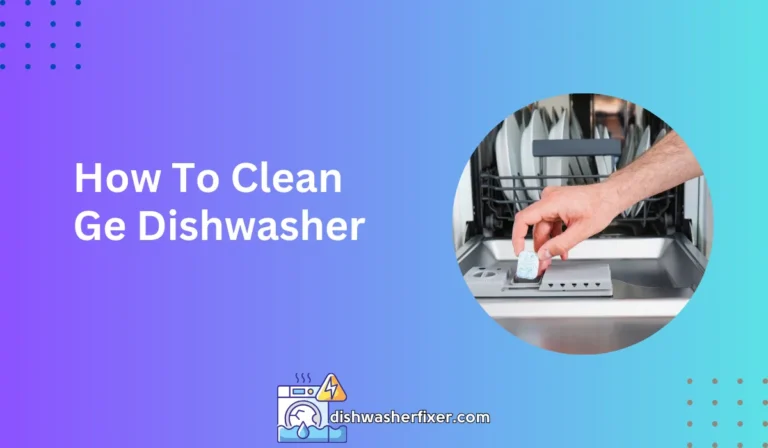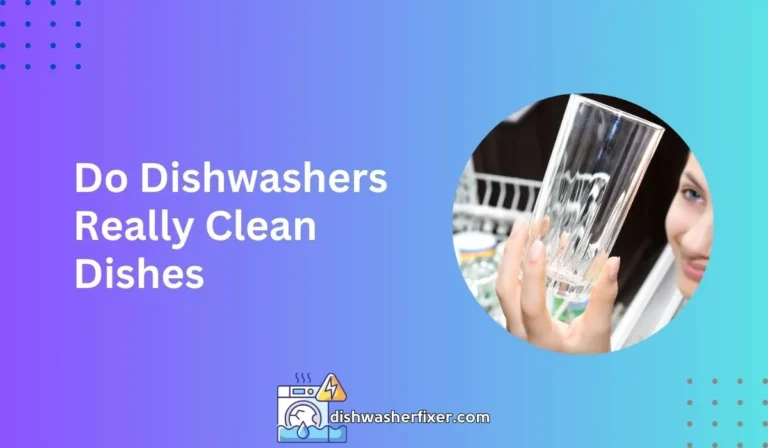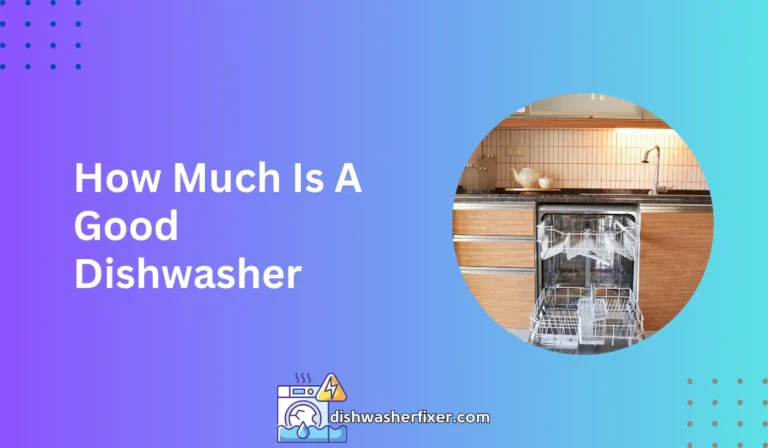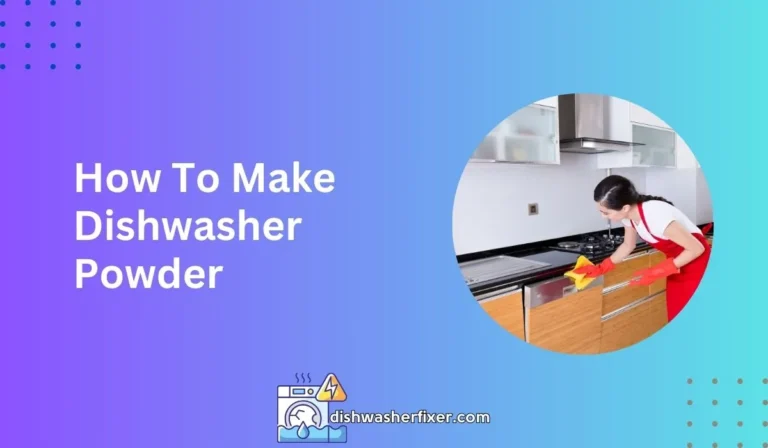Are Dishwasher Pods Bad for Septic Systems? The Surprising Truth
Dishwasher pods can be safe for septic systems if they are septic-safe and phosphate-free. However, pods with harsh chemicals may disrupt the bacterial balance in the septic system. It’s important to choose pods designed for septic system use.
Understanding Dishwasher Pods and Septic Systems
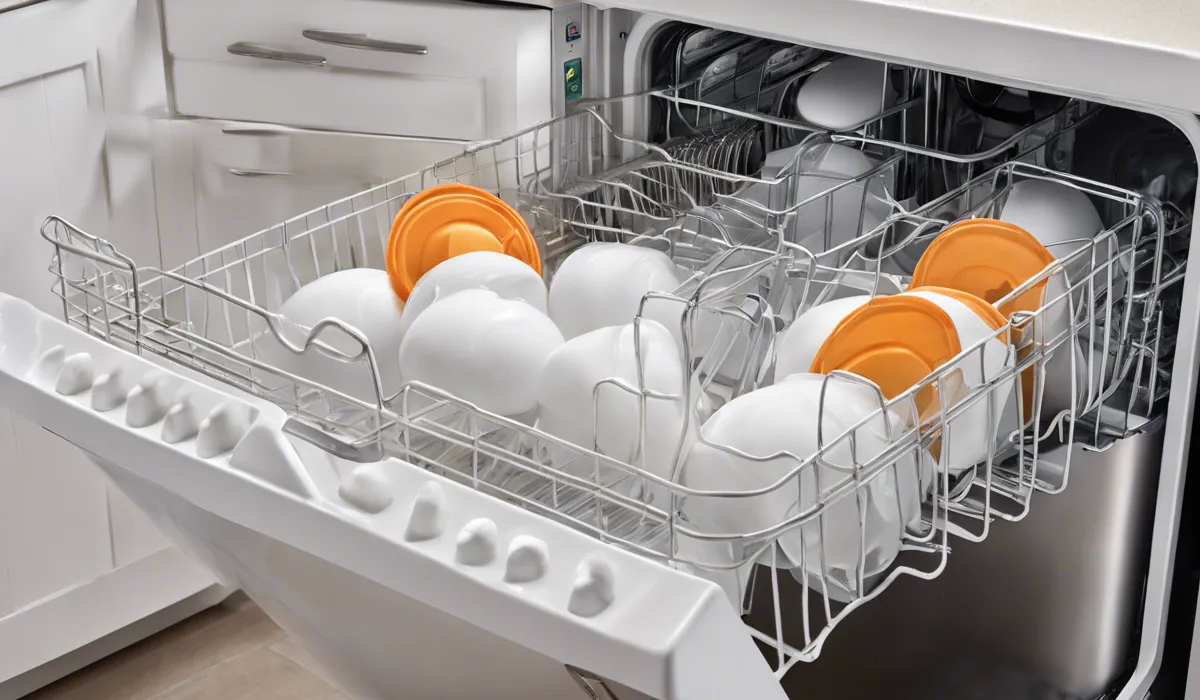
Definition of Dishwasher Pods and Their Common Ingredients
Dishwasher pods, also known as dishwasher tablets, are small, concentrated blocks of detergent designed to clean dishes in a dishwasher.
These pods consist of a mixture of enzymes, surfactants, bleach, and other cleaning agents that work together to remove food and grease from dishes.
Enzymes break down food particles, while surfactants cut through grease. Bleach helps to sanitize and remove stains, and additional agents may soften water or add fragrance.
Overview of Septic Systems and How They Work
Septic systems are underground wastewater treatment structures that use a combination of nature and time-tested technology to treat household plumbing produced by bathrooms, kitchen drains, and laundry.
A typical septic system consists of a septic tank and a drain field. The septic tank digests organic matter and separates floatable matter like oils and grease from the solids that settle at the bottom.
Bacteria within the tank break down the solids, and the liquid effluent flows to the drain field, where it is naturally filtered by the soil.
Importance of Septic System Maintenance
Regular maintenance of septic systems is crucial to ensure their proper functioning and longevity. Without proper care, systems can fail, leading to costly repairs and potential health hazards.
Maintenance includes routine pumping of the septic tank, avoiding flushing harmful chemicals or non-biodegradable materials, and keeping an eye on the system’s overall performance.
Impact of Dishwasher Pods on Septic Systems

Chemical Composition of Pods and Potential Septic System Hazards
The chemical composition of dishwasher pods can pose potential hazards to septic systems.
Chemicals that are harsh or not easily biodegradable can disrupt the delicate balance of bacteria in the septic tank, which is essential for breaking down waste. If the bacteria cannot function properly, the system may become less efficient or even fail.
Difference Between Biodegradable and Non-Biodegradable Pod Ingredients
Ingredients in dishwasher pods can be categorized into biodegradable and non-biodegradable.
Biodegradable substances can be broken down by bacteria, reducing the risk of harm to the septic system.
Non-biodegradable ingredients, on the other hand, do not break down easily and can accumulate in the septic tank, potentially causing blockages and other issues.
Studies and Evidence on the Effects of Dishwasher Pods on Septic Systems
Research on the effects of dishwasher pods on septic systems is ongoing. Some studies suggest that septic-safe and phosphate-free pods are less likely to harm the bacterial balance within the tank.
However, more research is needed to fully understand the long-term effects of various pod ingredients on septic system health.
Role of Surfactants, Bleach, and Enzymes in Pods and Their Interaction with Septic Tank Bacteria
The surfactants, bleach, and enzymes in dishwasher pods each play a role in cleaning dishes, but they also interact with septic tank bacteria in different ways.
Surfactants can be problematic if they are not biodegradable, while bleach in high concentrations can kill beneficial bacteria. Enzymes in pods are generally septic-safe as they are similar to those naturally occurring in the system.
Best Practices for Using Dishwasher Pods with Septic Systems
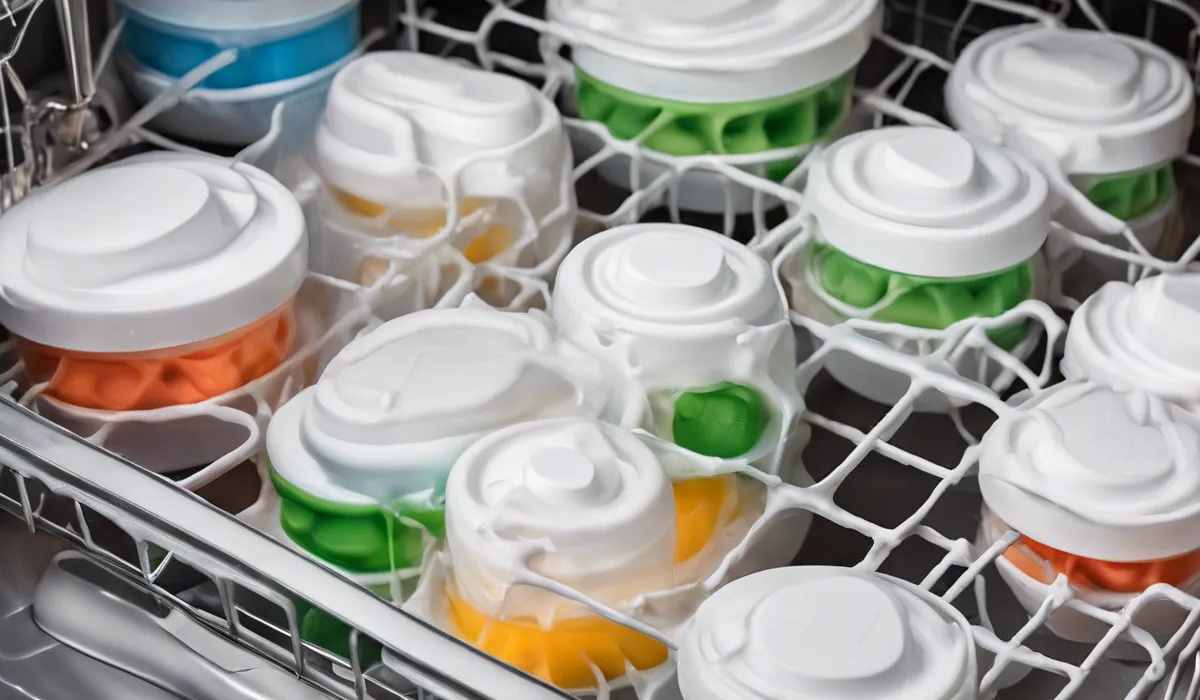
Recommendations for Septic-Safe Dishwasher Pods
When choosing dishwasher pods for homes with septic systems, it’s important to select products labeled as septic-safe. These pods are typically free of phosphates and other harsh chemicals that can disrupt the bacterial balance in the tank.
Using septic-safe pods can help ensure that your dishes come out clean without compromising the health of your septic system.
Tips for Proper Dishwasher Use to Minimize Septic System Impact
To minimize the impact of dishwasher use on septic systems, it is advisable to run the dishwasher only when it is full to reduce water usage.
It’s also important to avoid using excessive amounts of detergent, as more is not necessarily better and can lead to more chemicals entering the septic system.
Additionally, scraping dishes before loading them can reduce the load on both the dishwasher and the septic system.
Alternative Cleaning Solutions and Methods
For those looking to reduce their reliance on dishwasher pods, alternative cleaning solutions and methods can be considered.
Homemade detergents using ingredients like baking soda and vinegar can be less harmful to septic systems. Additionally, some homeowners may opt for hand washing dishes using mild detergents that are safe for septic systems.
Regular Septic System Maintenance and Inspection to Mitigate Potential Issues
Regular septic system maintenance and inspection are key to preventing potential issues caused by dishwasher pods or any other household products.
Homeowners should have their septic system pumped and inspected by professionals every three to five years, depending on usage. This routine care can catch and resolve small problems before they become big, expensive ones.
FAQs About Dishwasher Pods and Septic Systems
Are dishwasher pods safe for septic systems?
Dishwasher pods that are labeled septic-safe and phosphate-free are generally safe for septic systems.
Can I use regular dishwasher pods with a septic system?
It is not recommended to use regular dishwasher pods with septic systems if they contain harsh chemicals that can disrupt the bacterial balance.
What happens if I use the wrong dishwasher pods in a septic system?
Using dishwasher pods with harsh chemicals may harm the bacterial balance in the septic system, potentially leading to system failure.
How do I choose septic-safe dishwasher pods?
Look for dishwasher pods that are specifically labeled as septic-safe and are free from phosphates and other harsh chemicals.
Are phosphate-free dishwasher pods always safe for septic systems?
While phosphate-free dishwasher pods are generally safer for septic systems, it’s best to confirm that they are also septic-safe and free from other harmful chemicals.
Final Thoughts
Dishwasher pods can be compatible with septic systems when they are labeled as septic-safe and free from phosphates.
Choosing the correct type of pod is crucial to maintain the delicate balance of bacteria within the septic system, as harsh chemicals can cause disruptions.
